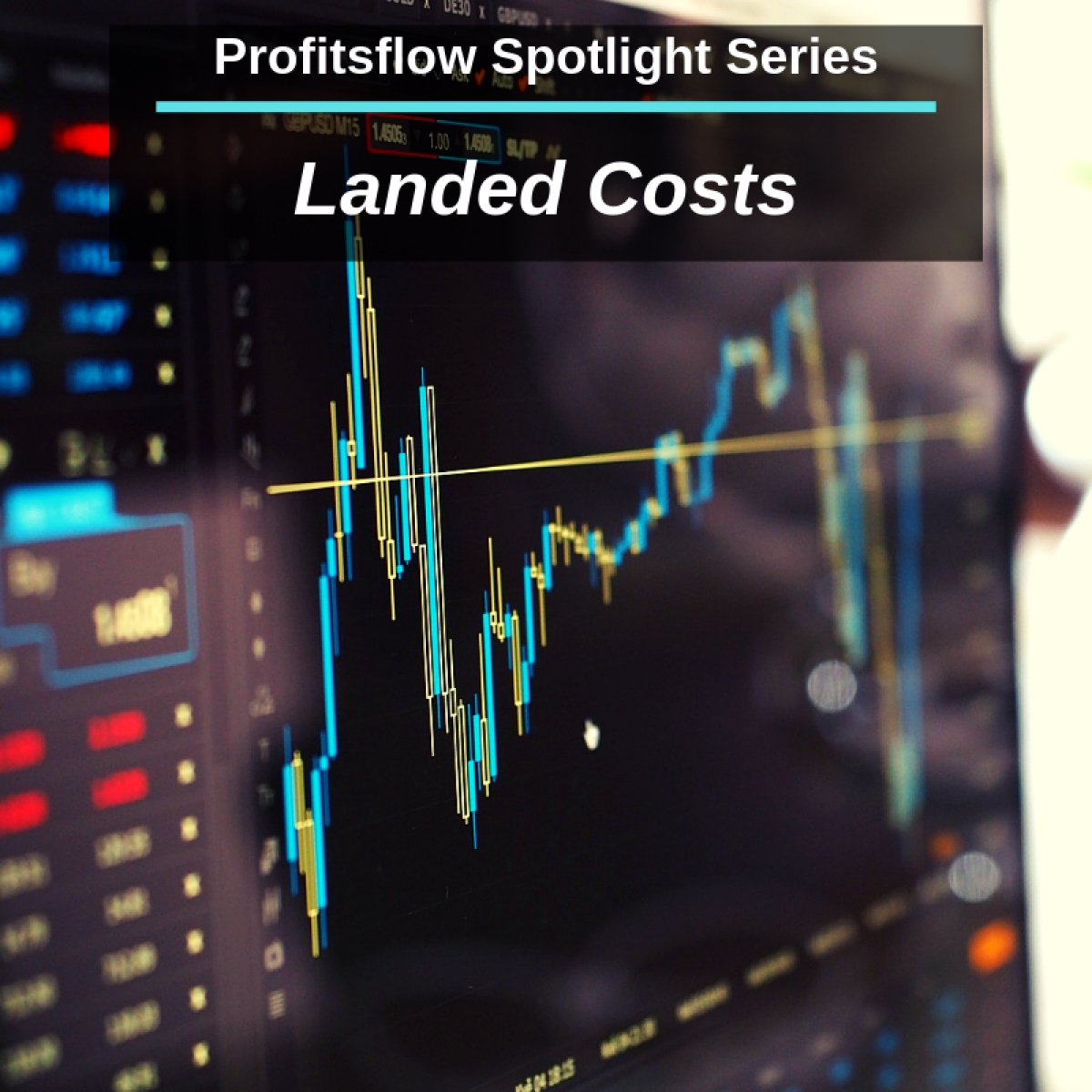Landed cost encompasses the total cost of purchasing, transporting, warehousing and distribution of a product, which can be a raw material, a semi-finished item or a finished product. The EFACS E/8 Landed Cost module allows the capture of these indirect costs so they may be analysed and ultimately incorporated into the total cost of the product.
Within EFACS E/8, the Landed Costs module fully integrates with the Product Costing module, thereby seamlessly providing the ability to capture and maintain the additional data throughout the EFACS system.
The EFACS Landed Costs module provides a comprehensive, flexible solution to the complexities of recording an unlimited number of indirect overheads for each product or shipment.
Summary
The Landed Costs module can be summarised as follows:
- Landed costs are an integral part of product costing, similar to the way in which materials, labour and overhead costs are used.
- Actual, Current, Standard and Going-to costs can be defined for each product.
- Landed costs may be associated with supplier and part combinations.
- Unit costs will be the sum of labour, material, overhead and landed cost.
- Cost roll-ups and roll-overs include the landed cost elements.
- Any number of landed cost types can be defined and these can be allocated by weight, quantity or value, and can be manually entered or fixed.
- Actual costs may be entered at a later date either manually or by apportioning purchase invoice costs.
- Full integration with the EFACS stock to Nominal system for Cost of Sale posting.
Detail
Any number of indirect overhead cost types may be defined, such as transportation charges, excise duty, other taxes, insurance charges and WEEE costs. These costs need to be taken into account when calculating the unit cost and therefore profitability for a particular part.
Different calculation methods can be used for different landed costs, for example the costs can be calculated according to weight, value, quantity, or given a fixed value. Additional options are available for each calculation type.
Landed costs are an integral part of the standard costing system. In addition to being stored against specific parts, landed costs will also differ dependent upon the supplier used and their location. Users set up the landed costs associated with each supplier and supplier-part combination.
At the time of goods receipt it may be that the real landed costs are unknown, so landed costs from the supplier-part combination can be used in the cost calculation. At the point of receiving a purchase invoice the value of the invoice may then be allocated across Goods Received Notes. When the purchase invoice is posted, the assigned landed cost values can update the actual landed cost values for a part or supplier-part combination. Different logic can be applied at this point depending upon how the company operates in terms of average costs.
Benefits for your Business
If businesses are not fully collecting and measuring landed costs then they are not accurately measuring their margins. This will lead to a lowering of their stock valuations, and potentially selling at a loss.
At a time when companies’ supply chains are becoming more and more complex due to manufacturing and the sourcing of goods from overseas, the EFACS Landed Costs module ensures accurate profit and loss recordings by accounting for all costs incurred, regardless of whether these costs are known at the time of receipt or at a later date.
The EFACS Landed Costs module helps identify all the cost elements that are associated with goods that are purchased. By accurately rolling shipping charges and taxes into the total cost of production the ‘buy price’ of the goods purchased is recorded as accurately as possible.
Actual landed costs are often unknown at the point of receipt due to supplier invoices arriving at a later date. EFACS allows for the stock value to be updated and apportioned accordingly after the stock receipt transaction.
The benefits to the organisation of having these ‘after the event’ invoices automatically updating inventory values and financial ledgers (according to predefined rules) results in valuable time being saved, and the avoidance of mistakes made via manual updates.
The amount of manual work and manual reconciliation that is needed is greatly reduced. This will lead to a reduction in administration work, and a reduction in costly errors.
The whole issue of landed costs can be further complicated by the fact that the costs involved are often in foreign currency invoice amounts; an automated computer system can handle these more quickly and without errors likely to occur with manual processing.
The EFACS Landed Costs module allows sourcing decisions to be taken that are based on the price of the raw materials as well as transportation costs. At a time when transportation costs are rising rapidly and becoming a larger proportion of the overall cost this can have a significant and positive influence on the bottom line.
To read more about the functionalities available within EFACS, check out our other Spotlight Series blogs
Follow Profitsflow on LinkedIn, Twitter & Facebook for our newest blog posts and news!
If you would like to talk to us about EFACS and how it could help your business, contact us here!
